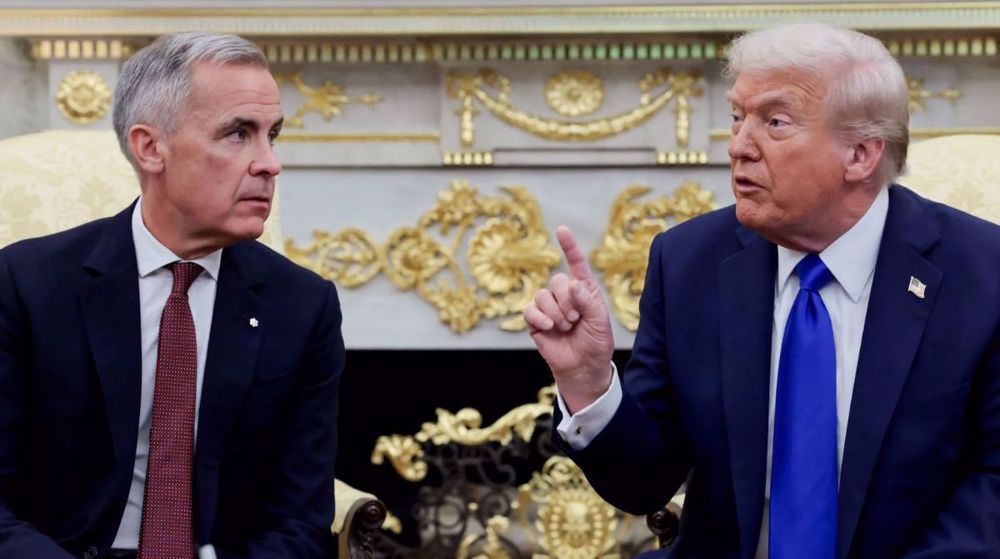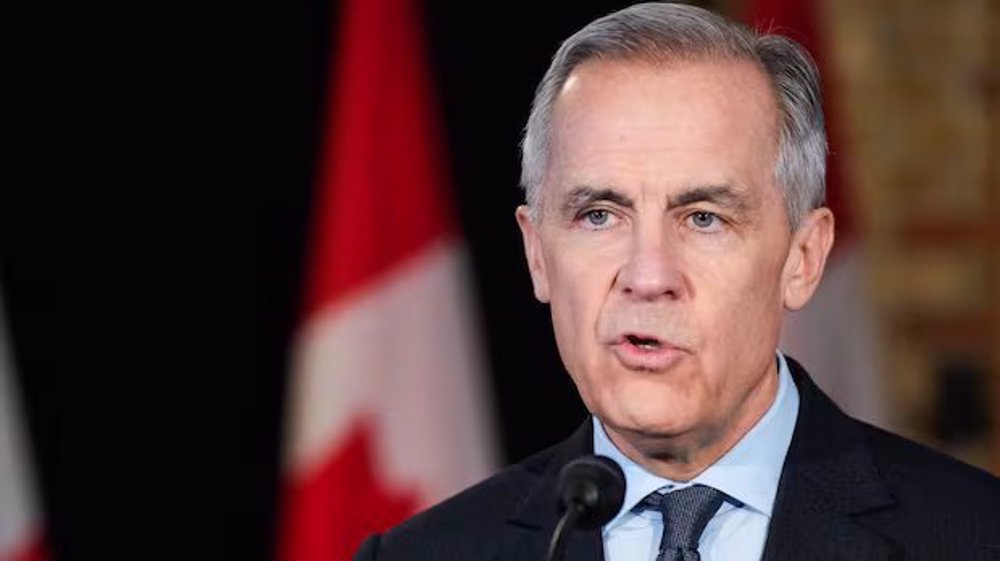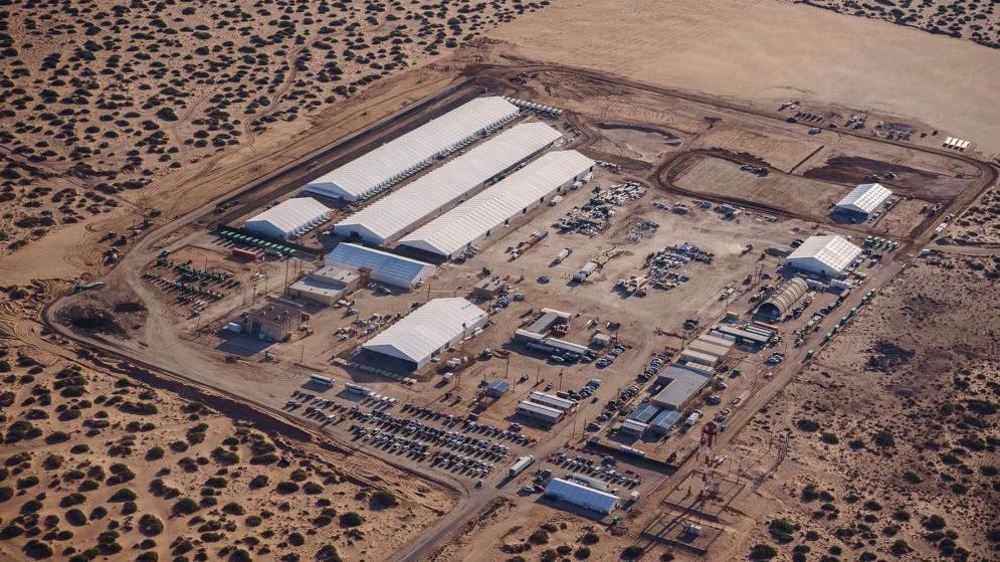Chilean police clash with protesting students in Santiago
Chilean riot police have used tear gas and water cannon as they clashed with hundreds of university students protesting at the new education policies being pushed forward by the government.
Clashes erupted in the capital city of Santiago on Tuesday morning when police blocked the students’ peaceful march, organized by the Confederation of Chilean Students (Confech), toward the Ministry of Education building, located next to the government palace.
The students wanted to hand over a letter detailing their demands to Education Minister Adriana Delpiano, and also to show their opposition to what they perceive as slow-paced educational reform measures, currently under debate in the national Congress.
Demonstrators, barred from reaching the ministry, threw rocks at police officers, who resorted to using tear gas and water cannon to disperse the crowds. Some protesters were reportedly arrested during the clashes.
President Michelle Bachelet had promised to finance free university education, her principal campaign promise on educational reform when she came to power in 2014, but due to the fall in international copper prices, Chile’s main export, she failed to fulfill her promise.
Last year, however, she approved a long-awaited reform plan to provide free university education, which after a number of modifications and several delays was finally delivered to the Congress on Monday. Confech has strongly rejected the plan, saying it covers only 14 percent of tuition costs, and not all of it.

According to Finance Minister Rodrigo Valdés, a totally free university education would cost the South American country some $4 billion, claiming it to be unaffordable by the center-left government.
“If Chile had that money — I suppose we would be lucky to have that money — we would have to decide if we would want to use it for higher education or channel it to other needs, such as health or improving pensions,” argued Valdés.
Confech has rejected the government’s claim that it cannot draw up such a budget for higher education.
“(The bill) does not establish free tuition for all, but only for a few. Why does it have to be a benefit that only arrives in drips and drabs?" said Gabriel Iturra, the spokesman for the Confech, adding, “The president says it will take 23 years to finance free education, that’s not acceptable.”
Since May, Chile has been the scene of a number of mass student protests, not only in the capital but also in other major cities. In the past months, at least 60 schools and over 50 universities have been closed due to frequent strikes against the education reforms.
Six-month-old boy freezes to death in Gaza amid Israel's inhumane blockade
VIDEO | Protestors in South Africa slam US interference in other countries’ affairs
Israel runs smear campaign against Doctors Without Borders: Report
Iran slams EU parliament’s ‘meddlesome, irresponsible’ resolution on terrorist riots
Iran rejects Trump’s claim on executions as ‘completely false’
VIDEO | Israel silencing truth
IRGC: Enemy command room of 10 intel agencies targeted Iran
US threat to Iran's Leader will ignite entire region: Hezbollah











 This makes it easy to access the Press TV website
This makes it easy to access the Press TV website